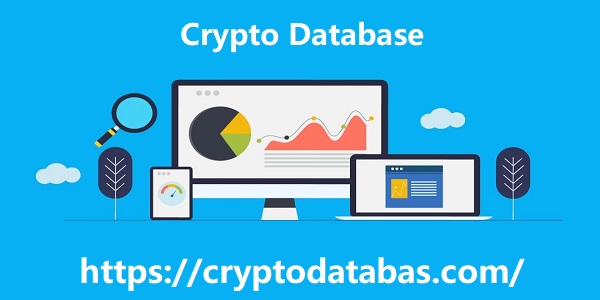Post by account_disabled on Mar 16, 2024 7:06:39 GMT 2
Why is digital onboarding important? What is onboarding? Onboarding vs Digital Onboarding What are the advantages of Digital Onboarding? How to implement Digital Onboarding Conclusion on Digital Onboarding Integrating new hired employees into the company culture is not a simple task. Each company has its own peculiarities, methodologies, frameworks, ceremonies and different applications to work with. When we talk about remote or hybrid work, the challenge of integrating these new employees increases even more. This movement to “remote” work has gained a lot of strength in the recent period of social distancing. And even though it has undergone a reduction in recent months, it is here to stay.
Therefore, it is extremely important to understand the difficulties and advantages ofdigital onboardingand how to implement the process into your company’s workflow. Continue reading this article to find out more! Why is digital onboarding important? Ahiring new employeesis usually a good indication of company growth, right? Despite this, hiring does not guarantee that new team members will Crypto Database increase the productivity of the company as a whole. When hired, the employee is just beginning their journey through the employee journey. With each completed stage, he is better able to produce with greater autonomy. This applies to all positions. Each role has its learning curve. That’s why each employee’s journey is different. Building this path that new hires will follow takes time and a lot of planning and analysis. Therefore, integrating new employees becomes a challenge. Imagine placing your new hires in the middle of the jungle, and telling them to go to a specific point.

Some will make it, but others will get lost, maybe even get hurt. Now imagine the same scenario where you provide a map, equipment and supplies. The chance of mission success increases drastically. Furthermore, the time needed to reach the desired point is faster. For the best results to be achieved, it is important that new employees feel like they are part of the company. And this becomes an even greater challenge to be carried out remotely. Therefore, specific digital onboarding techniques are necessary. But before addressing the specific topic, we need to do a quick review of traditional onboarding. What is onboarding? The term originates from the British navy, and means “to embark”, or “to be on board”.
Therefore, it is extremely important to understand the difficulties and advantages ofdigital onboardingand how to implement the process into your company’s workflow. Continue reading this article to find out more! Why is digital onboarding important? Ahiring new employeesis usually a good indication of company growth, right? Despite this, hiring does not guarantee that new team members will Crypto Database increase the productivity of the company as a whole. When hired, the employee is just beginning their journey through the employee journey. With each completed stage, he is better able to produce with greater autonomy. This applies to all positions. Each role has its learning curve. That’s why each employee’s journey is different. Building this path that new hires will follow takes time and a lot of planning and analysis. Therefore, integrating new employees becomes a challenge. Imagine placing your new hires in the middle of the jungle, and telling them to go to a specific point.

Some will make it, but others will get lost, maybe even get hurt. Now imagine the same scenario where you provide a map, equipment and supplies. The chance of mission success increases drastically. Furthermore, the time needed to reach the desired point is faster. For the best results to be achieved, it is important that new employees feel like they are part of the company. And this becomes an even greater challenge to be carried out remotely. Therefore, specific digital onboarding techniques are necessary. But before addressing the specific topic, we need to do a quick review of traditional onboarding. What is onboarding? The term originates from the British navy, and means “to embark”, or “to be on board”.




